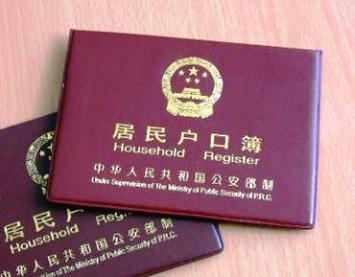Time for 'hukou' system reform in China: experts
A newly issued policy document has aroused a fresh round of discussions on China's household registration system, which, experts say, should be changed to bridge the urban-rural gap.
|
|
|
Current Hukou system. |
The policy paper on rural problems, issued a week ago by the central committee of the Communist Party of China and the State Council, promised more efforts for rural-urban integration and called for, among other initiatives, deepening reform of the household registration, or hukou, system.
More efforts were needed to implement the policy to relax the hukou system so to allow more rural people, mainly migrant workers, to settle in small and medium-sized towns and cities and grant them the same rights as those enjoyed by city dwellers, said the document.
"This is the first time that the hukou system reform has been written into the policy document explicitly as a core emphasis," said Zheng Fengtian, vice dean with the Agriculture and Country Development of Renmin University of China.
Initiated in the 1950s, the hukou system categorizes Chinese citizens into urbanites and non-urbanites and has prevented rural residents from migrating freely to cities.
China has 150 million migrant workers, 60 percent of whom are youngsters born in the 1980s and 1990s, said Chen Xiwen, director of the central leading group on rural work, in an exclusive interview with Xinhua earlier last week.
The dilemma facing many migrant workers was that they were neither willing to return to the countryside nor able to settle in the cities, and the case was more obvious for the young migrant workers who had no knowledge of farming and wanted to live an urban life, he said.
Under the current hukou system, the majority of migrant workers and their families were not eligible for health insurance, education and other services in the cities, said Du Zhixiong, a researcher with the Rural Development Institute at the China Academy of Social Sciences.
If they could enjoy the same public services and social welfare as urbanites did, many of the migrant workers' worries would be wiped away and their livelihood would be improved, Du said.
 0
0 







